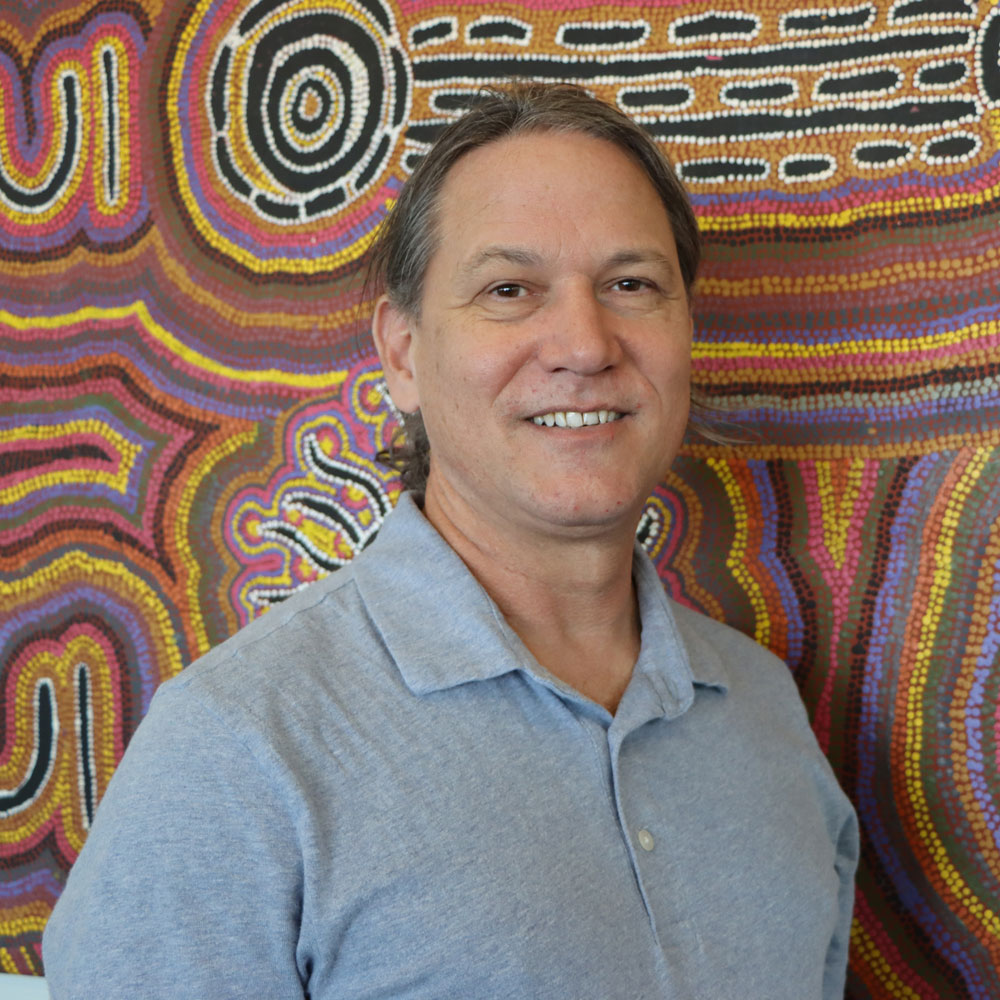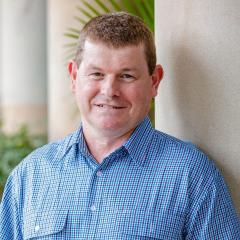Imagination is the key to solving problems in agriculture caused by climate change, according to predictive breeding expert Professor Carlos (Charlie) Messina.

The University of Florida Professor is one of the plenary speakers at the TropAg 2025 conference in Brisbane later this year.
“Society is changing – people want a more sustainably produced, more equitable diet, and so we need to change the way we grow our crops,” Professor Messina said.
“For the past 70 years we’ve been producing food but at the same time destroying our eco-systems.
“It’s time to step back and ask, ‘Can we do it differently?’
“The answer is yes, we can reimagine this and think of different ways of using nitrogen, plant different species, breed different crops or replace crops.
“We are limited only by our willingness to use our imaginations to provide solutions.”
Professor Messina said artificial intelligence offered an opportunity for genetic modifications to solve problems like citrus greening, a bacterial disease responsible for decimating Florida’s orange crop.
“It’s like autoimmune diseases in humans, where the body overreacts to disease; the plant is overreacting because it detects the bacteria,” he said.
“Our scientists are using AI to engineer proteins to disrupt the connection between the disease and the plant.
“If the plant no longer recognises the bacteria, it can continue to live in the plant, and the two could simply coexist.
“It’s a different way of thinking about the problem.”
He also designed a predictive breeding program for broccoli to improve its adaptation for hotter climates to distribute the germplasm in Latin America, Asia and Africa.
“Given that research on fruit and vegetables is often delivered in small programs, the impact of predictive breeding could be very significant.
“If we can send improved germplasm to countries with low gross domestic product, they can produce the seed themselves and remove the distance and affordability problems.
“I think TropAg is the right forum to talk about this because it’s important to bring the community to where the biggest problems are in the tropics and subtropics.
“We don’t need more calories; we need a nutritional revolution providing nutrients for our growing population, and that is easy to imagine.”
Professor Messina’s plenary address, “Predictive Breeding: Unlocking Genetic Potential for Sustainable Growth”, will be delivered at the TropAg conference on Thursday, 13 November.
The TropAg 2025 Conference will be held from 11 to 13 November 2025, at the Royal International Convention Centre in Brisbane. View the program and register at www.tropag.com.au.
TropAg is hosted by The University of Queensland and backed by sponsors including the Australian Centre for International Agricultural Research, Australia’s Food and Beverage Accelerator (FaBA) and the Brisbane Economic Development Agency.
Contact: TropAg media, Natalie MacGregor, n.macgregor@uq.edu.au, +61 409 135 651, tropag.com.au.
The Queensland Alliance for Agriculture and Food Innovation is a research institute at The University of Queensland, established with and supported by the Department of Primary Industries.



